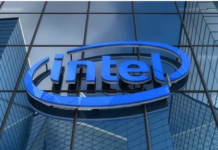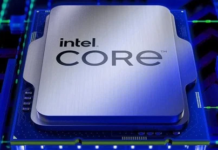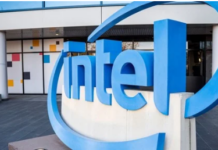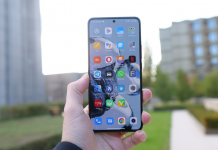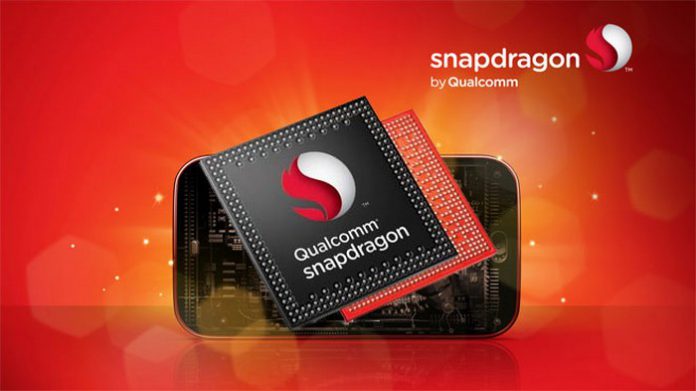Not long ago, we were talking about a possible Qualcomm Snapdragon 815 that would be a sort of “corrected version” of the Snapdragon 810, but that won’t be the case in the end. Indeed, just like the world of smartphones to which it belongs, the field of components such as processors is also rumored.
Remember, according to the information we had, the Snapdragon 815 was supposed to be more efficient and less energy-intensive than its cousin the Snapdragon 810. Thus this evolution of the latter would have erased the various problems of Qualcomm’s latest chip, such as overheating. Problems that have put off some manufacturers so far, such as Samsung who took the opportunity to unveil an ultra-powerful Exynos 7420.
The famous Snapdragon 820 will then be the real successor to the current chip of the HTC One M9. The arrival of an 815 in qualcomm’s family awaiting the arrival of the 820 seemed perfectly legitimate and possible, but it turns out that’s not the case.
This Snapdragon 815 was to have four ARM A72 cores and four more in ARM A53, combined with big architecture. LITTLE, enough to rectify the mistakes of the American giant with its 810. Finally, that’s what we thought, our Fudzilla colleagues contacted Qualcomm and public relations manager Jon Carvill, himself, said that the founder’s next chip will be the Snapdragon 820.
- Related: The Snapdragon 820, Qualcomm’s first original 64-bit architecture
This is the Snapdragon 820.
No chance of seeing a “waiting” SoC, the chip giant will rely on its relatively weak high-end processor until the next one arrives. It will also incorporate a Kryo CPU part and will be completed in the second half of 2015. The arrival of the first smartphones with this chip will take place at the very end of 2015 or early 2016.
While Qualcomm is focusing on a successor to restore its image to manufacturers, MediaTek is not waiting another second to break into the high-end. Indeed, the latter recently announced the arrival of its Helio P processors and the X10 of which we had a lot of information. Do you think Qualcomm is adopting the right strategy?



